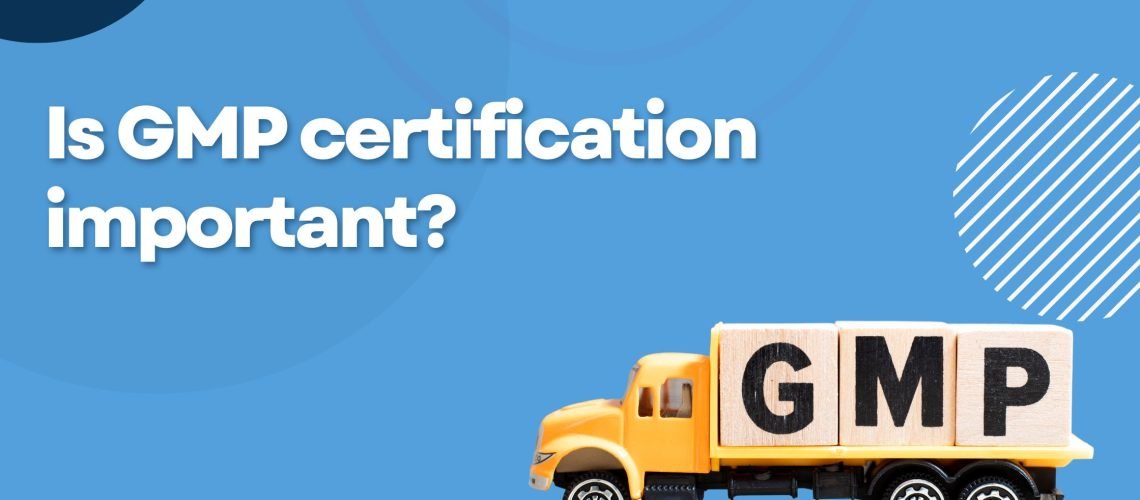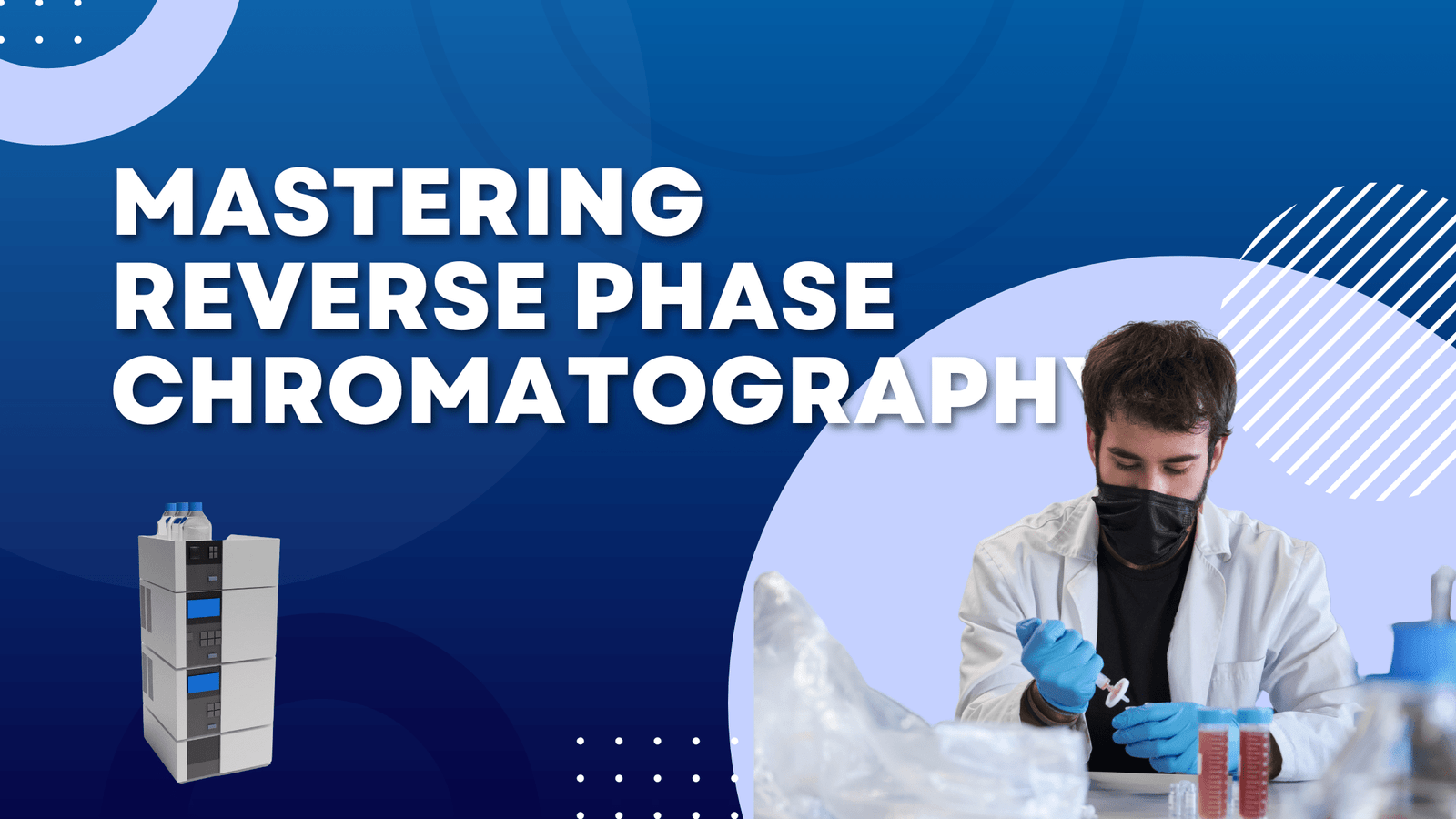Understanding the importance of GMP certification
Good Manufacturing Practice (GMP) certification is essential for ensuring that products are consistently produced and controlled according to strict quality standards, but is GMP certification important?. Absolutely, as it is designed to minimize risks in pharmaceutical production that cannot be eliminated solely by testing the final product.
What is GMP Certification?
GMP certification represents a manufacturer’s commitment to industry standards for the design, monitoring, and control of manufacturing processes and facilities. The acronym “GMP” stands for Good Manufacturing Practice, which encompasses a set of principles and procedures that, when followed, help ensure the quality and safety of products. To gain a deeper understanding of the term, one can explore the article on what does gmp stand for.
A gmp certified organization demonstrates it has a robust quality management system in place, which includes the documentation of manufacturing operations and adherence to strict regulations. The certification process involves regular inspections and audits by regulatory authorities to verify compliance with the guidelines. Knowing gmp meaning is essential for professionals in the field to appreciate the full scope of these quality assurances.
Importance of GMP Certification in Pharmaceuticals
In the pharmaceutical industry, the importance of gmp certification cannot be overstated. It provides a framework that ensures that medicines are of the high quality required for their intended use and do not pose any risk to patients or consumers. This is particularly important in industrial pharmacy, where the scale of production can magnify any deviations from the established quality standards.
GMP certification is recognized worldwide and is considered a key indicator of a company’s ability to produce safe and effective drugs. It covers all aspects of production, from the raw materials, premises, and equipment to the training and personal hygiene of staff. Detailed guidelines can be found under gmp practices.
Aspect | Focus on GMP |
Quality Assurance | Assuring gap analysis, implementation, continuous improvement and compliance |
Personnel | Adequate training and cleanliness |
Premises and Equiment | Design and maintenance for product protection |
Production | Controlled processes and validations |
Quality control | Raw material & packaging material checks, tests, and analytical method validations |
Documentation | Traceability and accurate record-keeping |
The certification is not only about meeting legal and regulatory requirements but also about winning the trust of consumers and healthcare professionals. When pharmaceutical professionals see a gmp certified label, they can be confident in the product’s compliance with international standards. More details on the certification process and its benefits can be found at GMP certification.
The use of GMP standards in the pharmaceutical industry also provides the foundation for other regulatory systems, such as those enforced by the FDA. For further insights into the relationship between GMP and the FDA, readers can refer to fda gmp.
In conclusion, GMP certification is a critical component in the pharmaceutical industry, significantly impacting product quality, safety, and efficacy. It reassures stakeholders that the products meet the highest standards and lays down the foundation for international trade and public health assurance.
Compliance and Quality Assurance
The pharmaceutical industry is governed by stringent regulations to ensure the safety and effectiveness of products. Compliance and quality assurance are the cornerstones of these regulations, with Good Manufacturing Practices (GMP) being at the forefront.
Ensuring Product Safety and Efficacy
GMP certification is pivotal in ensuring that pharmaceutical products are consistently produced and controlled according to quality standards. It encompasses all aspects of production, from the starting materials and premises to the training of staff and product release.
Pharmaceutical companies must demonstrate a commitment to safety and efficacy through adherence to GMP guidelines. This involves establishing robust quality management systems, which include:
- Detailed written procedures for each process that could affect the quality of the finished product.
- Thorough documentation for traceability of each batch of product from start to finish.
- Regular audits and inspections to detect any deviation from the set procedures.
By following these guidelines, manufacturers can significantly minimize the risks associated with pharmaceutical production, such as cross-contamination, errors in labeling, and inconsistencies in active ingredient concentrations.
Meeting Regulatory Requirements
GMP certification is not merely a recommendation—it is a legal requirement in many countries. Manufacturers must comply with GMP to be allowed to market their pharmaceutical products. The table below outlines some of the key regulatory bodies and the regions they govern:
Regulatory Body | Region |
Food and Drug Administration (FDA) | United States of America |
European Medicines Agency (EMA) | Europe |
Therapeutic Goods Administration (TGA) | Australia |
Health Canada | Canada |
Medicines and Healthcare products Regulatory Agency | United Kingdom |
For more information on GMP regulations and their global impact, readers can explore the gmp regulations article. Complying with these regulations is essential not only for legal operation but also for the ability to export products to other countries where GMP standards are recognized and enforced.
Achieving and maintaining GMP certification, as outlined in our gmp certification article, requires a deep understanding of the gmp guidelines and a commitment to continual improvement. Pharmaceutical professionals engaged in industrial pharmacy must be well-versed in gmp to ensure their products meet the highest standards of quality and safety, as underscored by the gmp meaning and what does gmp certified mean articles.
In conclusion, adherence to GMP is non-negotiable for pharmaceutical companies. It safeguards public health by ensuring that medications are of the highest quality and efficacy. Professionals within the industry must regularly consult resources on gmp practices, gmp standards, and gmp requirements to stay abreast of best practices and regulatory updates.
Benefits of GMP Certification
The advantages of obtaining Good Manufacturing Practice (GMP) certification are numerous and significant within the pharmaceutical industry. As the importance of GMP certification becomes increasingly recognized, pharmaceutical professionals are taking note of the tangible and intangible benefits that come with compliance.
Enhancing Credibility and Trust
GMP certification serves as a benchmark for quality and safety in the pharmaceutical sector. It signifies to healthcare professionals, regulatory authorities, and consumers that the products manufactured by a GMP facility meet the highest standards for safety and efficacy.
Benefit | Detail |
Consumer confidence | High |
Regulatory approval | Streamlined |
Market access | Increased |
By adhering to GMP standards, manufacturers can enhance their reputation and build stronger relationships with stakeholders. This certification acts as a powerful marketing tool, differentiating companies from competitors who may not prioritize the same level of quality control.
Improving Operational Efficiency
GMP certification also contributes to improved operational performance within a manufacturing facility. The GMP guidelines encourage the adoption of systematic processes, rigorous documentation, and quality management systems that together streamline production and reduce costly errors or deviations.
Aspect | Impact |
Error reduction | Significant |
Process streamlining | Noticiable |
Cost saving | Considerable |
The focus on consistency and traceability that comes with GMP certification can lead to better resource utilization, fewer recalls and complaints, and ultimately, a more profitable operation. Additionally, by fostering a culture of continuous improvement, GMP-certified companies are often at the forefront of innovation, driving advancements in pharmaceutical manufacturing.
Implementing GMP not only secures the trust of consumers and regulatory bodies but also lays the foundation for a more robust and efficient production process. For more information on the implementation process, please refer to our article on GMP certification. Furthermore, companies looking to understand the full scope of GMP can explore what does GMP stand for and GMP meaning to gain a comprehensive understanding of its impact on the pharmaceutical industry.
Implementing GMP Standards
Implementing Good Manufacturing Practice (GMP) standards is a critical step for companies in the pharmaceutical industry to ensure that their products are consistently produced and controlled according to quality standards. These guidelines are designed to minimize the risks involved in pharmaceutical production that cannot be eliminated through testing the final product.
Key Components of GMP Guidelines:
GMP guidelines encompass a broad array of principles and procedures, but some of the key components include:
- Quality Management: Ensuring that all aspects of the production process are controlled and that quality is built into the organization.
- Personnel: Adequate training and qualifications of staff, along with clean and hygienic working conditions.
- Premises and Equipment: Appropriate design and maintenance of facilities and equipment to prevent contamination and errors.
- Documentation and Records: Accurate and comprehensive documentation to trace the history of the manufacture and distribution of each product.
- Production: Validated processes and controls to ensure consistency and compliance with specifications.
- Quality Control: Sampling, specifications, and testing, as well as the organization, documentation, and release procedures that ensure that the necessary and relevant tests are carried out.
- Handling of Products: Includes the systems for storage, distribution, and subsequent handling of pharmaceutical products.
- Deviations and Non-conformance: Systems in place to investigate and document deviations from the standard processes and specifications.
For a more in-depth view of GMP guidelines, readers can explore the article on gmp guidelines.
Steps to Achieve and Maintain GMP Certification
Achieving and maintaining GMP certification requires a methodical approach:
- Initial Assessment: Review current practices and identify areas that do not meet GMP standards. This can be done through a gap analysis.
- Development of Procedures: Establish or revise procedures and processes to comply with GMP requirements.
- Training: Ensure all personnel are trained on GMP principles and the specific procedures that apply to their job functions.
- Implementation: Apply the new or revised procedures across the production process.
- Internal Auditing: Regularly perform internal audits to ensure ongoing compliance with GMP standards.
- Documentation: Maintain meticulous records of all procedures, training, manufacturing processes, and quality control measures.
- External Audit: Undergo an external audit by a relevant health authority or certification body to assess GMP compliance.
- Certification: If the audit is successful, the company will receive GMP certification. This should be communicated to stakeholders and can be highlighted by using the gmp certified label.
- Continuous Improvement: Continuously monitor systems and processes for compliance and make improvements as necessary.
- Renewal: GMP certification is not a one-time event; it requires continuous adherence to the guidelines and regular recertification.
The following table provides an estimated timeline for achieving GMP certification:
Phase | Duration |
Initial Assessment | 1-3 months |
Procedure development | 2-6 months |
Training | 1-2 months |
Implementation | 3-6 months |
Internal auditing | Ongoing |
External Audit | 1-2 months |
Certification | Varies |
Continuous improvement | Ongoing |
Implementing GMP standards is a significant commitment, but it is a crucial one for companies in the pharmaceutical industry. Not only does it demonstrate a commitment to producing quality products, but it also ensures compliance with the stringent regulations that govern the industry. For more information on the importance of gmp certification and how it can impact businesses, readers can explore related topics such as gmp in pharma and gmp compliance.
You might also consider reading this article on GDP (Good Documentation Practices).



